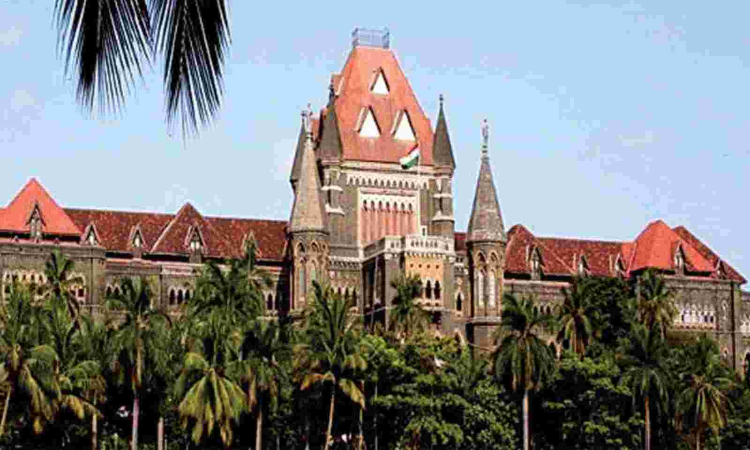Bombay High Court Quashes Reassessment Notice Against Tata Communications Transformation Services
Mariya Paliwala
1 April 2022 2:32 PM IST

Next Story
1 April 2022 2:32 PM IST
The Bombay High Court bench of Justice K.R. Shriram and Justice N.J. Jamadar has quashed the reassessment notice against the Tata Communications Transformation Services. The petitioner/assessee has challenged the initiation of assessment proceedings under Section 148 of the Income Tax Act, 1961 for different assessment years. All notices for the initiation of assessment proceedings...
